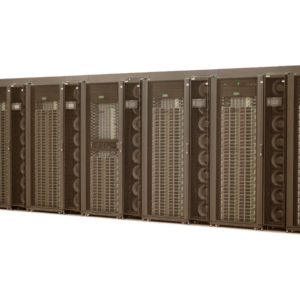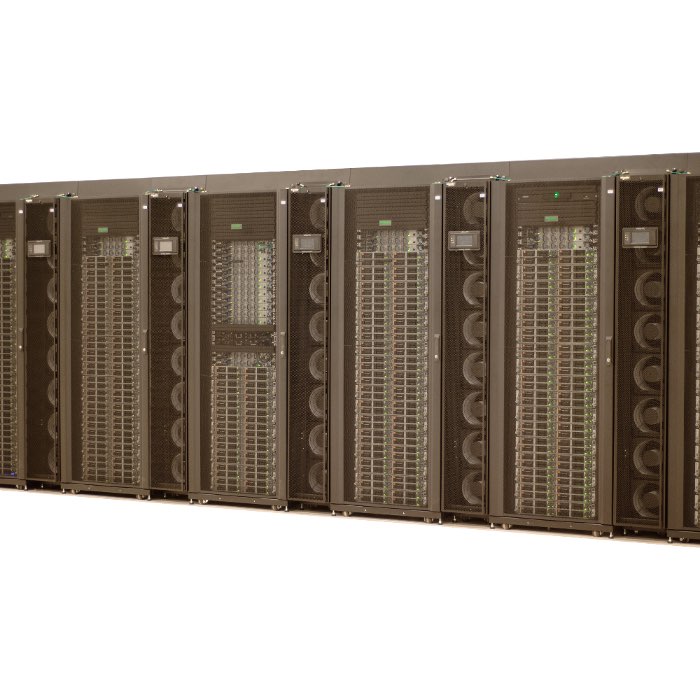 NEC Deutschland GmbH has delivered an LX series supercomputer to Johannes Gutenberg University Mainz (JGU), one of Germany’s leading research universities and part of the German Gauss Alliance consortium of excellence in high-performance computing. The new HPC cluster ranks 65th in the most current TOP500 list of the fastest supercomputers in the world from November 2017 and 51st in the Green500 list of the most energy-efficient supercomputers.
NEC Deutschland GmbH has delivered an LX series supercomputer to Johannes Gutenberg University Mainz (JGU), one of Germany’s leading research universities and part of the German Gauss Alliance consortium of excellence in high-performance computing. The new HPC cluster ranks 65th in the most current TOP500 list of the fastest supercomputers in the world from November 2017 and 51st in the Green500 list of the most energy-efficient supercomputers.
We have been working together with NEC for many years now, and we are happy to confirm that this collaboration has always been very fruitful to our research members and to the excellence in research at Mainz University. The high sustained performance and stability of NEC’s HPC solution, as well as the dedication and skill of their team continuously deliver exceptional results,” emphasizes Professor André Brinkmann, Head of the Zentrum für Datenverarbeitung and of the Efficient Computing and Storage Group at JGU.
This cluster extends the existing MOGON-II cluster, thereby providing a total computational capacity of approximately 1.9 Petaflop/sec. It offers high performance computing services for researchers at JGU and the Helmholtz Institute Mainz (HIM), a research institute specializing in high-energy physics and antimatter research. JGU is a member of the “Alliance for High-Performance Computing Rhineland-Palatinate” (AHRP) and offers access to MOGON-II to all universities in Rhineland-Palatinate.
Highlights include:
- The new MOGON-II HPC cluster upgrade consists of 1040 dual-socket compute nodes, each equipped with two Intel(R) Gold 6130 CPUs and a total memory of 122 TB.
- The nodes are connected through a high-speed Intel(R) Omni-Path network with a topology that allows continuous expansion of the system, which meets the ongoing growth of HPC demand from researchers from JGU and HIM.
- The MOGON-II cluster is connected to a 5 PetaByte NEC LxFS-z parallel file-system capable of 80 GigaByte/s bandwidth. This highly innovative ZFS-based Lustre solution provides advanced data integrity features paired with a high density and high reliability design.
We are honored to see Johannes Gutenberg University Mainz and Helmholtz Institute Mainz, two highly respected members of the research community, adopt NEC’s latest HPC solution as part of extending the capabilities of the MOGON-II cluster,” said Yuichi Kojima, Vice President HPC EMEA at NEC Deutschland.




